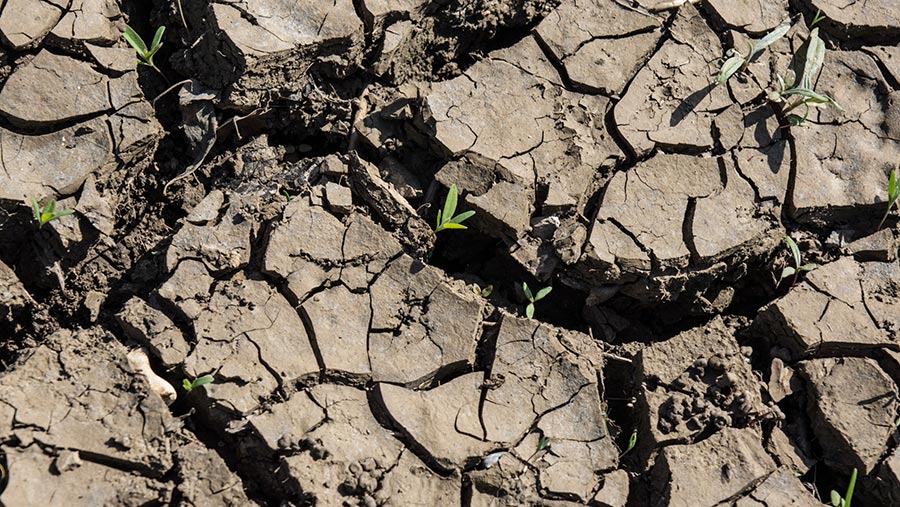River Tweed catchment latest to suffer water abstraction ban
 © Marcin Rogozinski/Adobe Stock
© Marcin Rogozinski/Adobe Stock The Scottish Environment Protection Agency (Sepa) has announced several changes to water access, which will see some farmers able to resume abstraction, but others will have their licences suspended.
Recent rainfall and continued compliance with abstraction bans by farmers has allowed many rivers to begin to recover from the prolonged spell of dry weather, including the River Eden catchment, where the abstraction suspensions have been lifted.
See also: So you want to… build a reservoir?
More than 70 full and partial suspensions had been put in place on 14 August, with exemptions granted to a handful of soft fruit farmers, who were considered to have a lower water impact.
NFU Scotland’s horticulture chairman, Iain Brown, who grows soft fruit and broccoli at Anstruther, said: “For vegetable growers in Fife, the reinstatement of abstraction licences after a week of wet weather will come as a huge relief and potentially stave off significant financial losses for those growing broccoli, cauliflower and lettuce.”
But in the Scottish Borders, the rainfall has not been enough to recover the long-term deficit, with Sepa announcing new water abstraction licence suspensions coming into place from today (18 August).
These will be within the River Tweed catchment, where the status has been declared one of “significant scarcity” – Sepa’s most severe criteria for water shortages.
“This is an incredibly delicate and concerning time for many of our members who rely on water abstraction to put quality Scottish fruit and vegetables on the table,” said Mr Brown.
The restrictions will affect about 30 abstraction licence holders, and it is hoped that the measures will allow water levels to recover, causing minimal damage to the environment.
Rob Morris, senior manager of the rural economy unit at Sepa, said: “Suspending abstraction licences is only done when necessary and is not a decision we take lightly.
“While we stress that the suspensions on the River Tweed will last for as short a time as possible, the science is telling us that without action there is a substantial risk of impacts on fish populations, natural habitats and longer-term damage to watercourses.
“As shown in Fife, these will be in place for the shortest time possible.”
The measures are being rolled out as Scotland has recorded the lowest groundwater levels since records began in 2009, and the combination of low water flow and high temperatures puts many species of plant and fish at risk.
